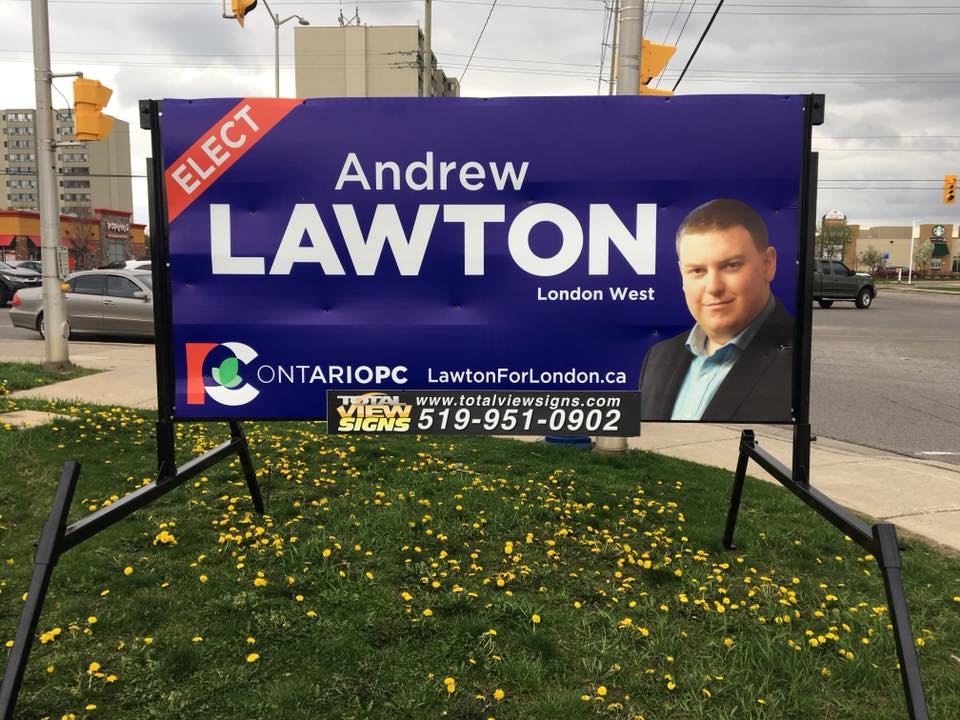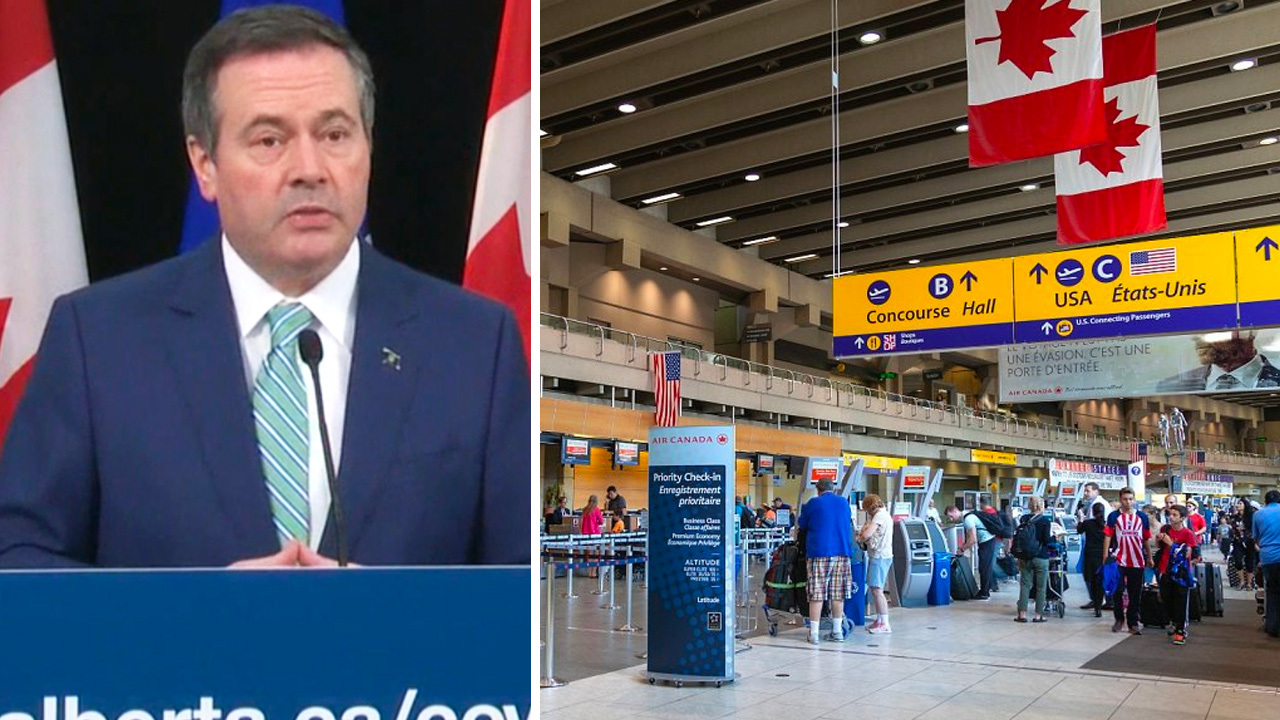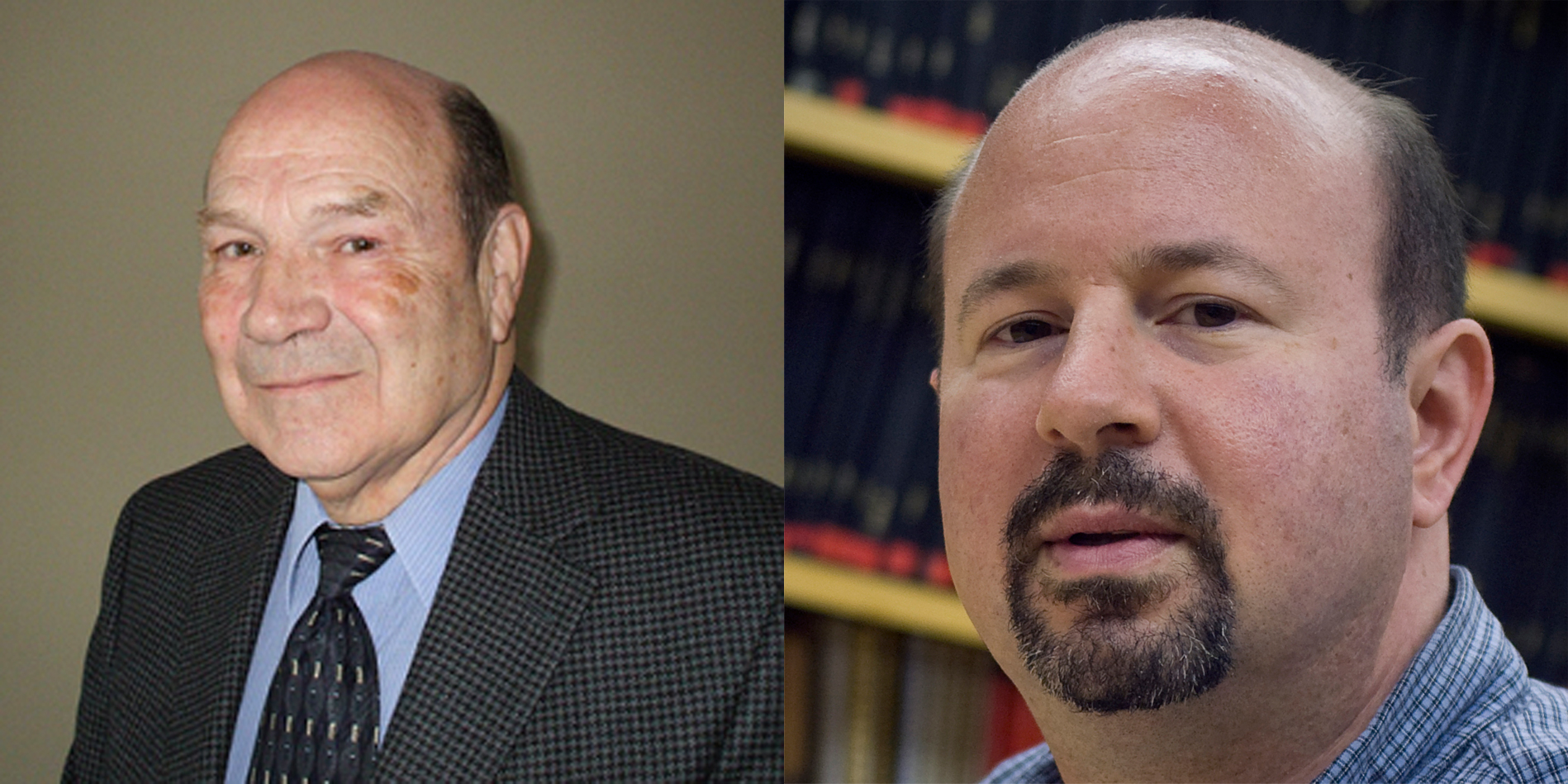I never thought I’d wind up in a battle against my own country, but for what it’s worth, they started it.
We finished it.
The Federal Court in Toronto heard Andrew James Lawton and True North Centre for Public Policy v. Canada (Leaders’ Debates Commission/Commission Des Debats Des Chefs) and Attorney General of Canada on Monday.
Or as the case will appear in court records, Lawton v. Canada, which has an oddly satisfying ring to it given events of the past few weeks.
It felt from the day True North’s and my stellar lawyer filed the case as though it was a David and Goliath story in the making. (Though my friend Mark Steyn thought Canada was the David in this analogy).
“In any showdown between you and the Dominion of Canada, a mere G7 and Nato member has to be accounted the underdog,” Steyn wrote to me.
He was right.
We won. Justin Trudeau’s government lost. Press freedom and freedom of speech were the real victors, however.
This whole case came about because the Leaders’ Debates Commission – a government agency set up to organize and run “independent” election debates, banned me from covering the debate for True North, a startup media outlet published by a registered charity, the True North Centre for Public Policy. Also banned were Keean Bexte and David Menzies of Rebel News, who filed a similar successful suit.
I applied on September 24th for accreditation – one day after the Government of Canada accreditation portal for the debates opened up. I heard nothing until October 4th, which was the last business day before the Monday debate. The rejection was a mere two sentences long. The reasoning was that True North, in the eyes of the Parliamentary Press Gallery, to which accreditation had somehow been outsourced, is “actively involved in advocacy.”
As I’ve noted in interviews and posted online, True North has no advocacy mandate. The charity’s sister organization, the True North Initiative does, but I have no role with it, nor does it have any role in the media division of the True North Centre for Public Policy. This may seem a bit confusing – my friend and True North’s founder Candice Malcolm’s column in Quillette offers more detail about the organizational structure, and how it’s not uncommon even in the mainstream media world.
Neither the Leaders’ Debates Commission nor Parliamentary Press Gallery asked any questions about this though. Had they done so, we could have easily cleared things up. No, they decided to drop the hammer on my coverage plans, which had been in the works for nearly two months, in the eleventh hour so no challenge or appeal would even have been possible.
So we did the only thing we could do by filing for an emergency injunction, which was granted after a hearing of less than 90 minutes, in which the presiding judge not only recognized True North and I as producers of journalism, but also accepted that we would be irreparably harmed, as would Rebel, by exclusion from a debate funded by Canadians for the benefit of Canadians.
I would have loved to have been in the courtroom, where our lawyer, Jessica Kuredjian, delivered a stellar case by the accounts of those present (and by the result). But I was following it all on Twitter from my hotel room in Ottawa, ready to get to the leaders’ debate in Gatineau on a moment’s notice in the event our case succeeded. Spoiler alert: it did.
The judge delivered his finding at about 4:45pm. Within 15 minutes I was in a car on the way to the debate location, where my press credentials were being printed off.
I can’t overstate that this was a team effort. Our lawyer worked all-nighters through the weekend to meet the federal government’s arbitrary timeline demands. Malcolm exhibited immense confidence in my journalistic credentials by deciding True North would take a stand and fight this. Our legal bills cleared $20,000. Had we not been successful and had the judge not awarded costs, we would have been on the hook for that as an organization. Malcolm put up a hefty sum of her own money to kickstart the case.
I must also thank donors from across Canada and as far away as the United States and Australia for believing in our fight as well.
My role in the case was a small one – albeit I have the honour of going down in the law books as the one who took on Canada. As much as I joke about it, I don’t take it lightly. I had minutes to decide whether I was comfortable putting my name on this case. I did so because I recognized instantly it was about something much bigger than me, and much bigger than True North. It is about the freedom for all journalists in Canada, and for those wishing to start their own ventures in a climate that’s inhospitable to traditional, legacy business models.
This is why I chose to use the first opportunity I’ve had in this campaign to formally pose a question to Prime Minister Justin Trudeau to challenge him on his commitment to press freedom.
Trudeau claims to be a stalwart defender of press freedom while his party has banned me from covering its campaign. His attorney general vigorously fought against our press freedom fight in court.
“This afternoon, a federal court judge ruled that I had a right to be here, to cover this debate as a journalist despite opposition from your Attorney General,” I said to Trudeau in the scrum. “This comes after two weeks of me being kicked out or not being allowed into your campaign rallies. The Conservatives have criticized you for being ‘not as advertised.’ You’ve advertised yourself as a champion of press freedom. Will you take a stand right now sir, as the leader of the Liberal party, and allow me to cover your campaign like every other journalist?”
“We are a party, and we are a country that respects journalistic rights and who respects the freedom of the press and we will continue to,” Trudeau said.
Even a day later I’ve no idea whether his answer to my question was yes or no. My attempt to get a clarification yielded a nearly identical response.
“We are a party and a country that respects the hard work and the freedom of the press, and we will continue to,” Trudeau said on the second go-round.
Well at least he changed a few words.
While most of the response to this exchange has been critical of Trudeau, a few in the mainstream media commentariat have criticized my question as being self-serving. I was asking to be treated like every other journalist who’s asked to cover the Liberals – a question that would have been unnecessary had the mainstream media been standing up for press freedom for all, as my media colleagues did a few months back at the Global Conference for Media Freedom in London.
I had to ask Justin Trudeau about his party’s opposition to my press freedom with the country watching, because this attitude will extend to other journalists if it isn’t exposed and challenged now. And by court order and the grace of God, I had an opportunity to do that Monday night.
Trudeau’s answer, if one can call it that, shreds his ability to blame staff or a miscommunication. He had an opportunity to right a wrong in front of a national audience and didn’t take it. Silence, as they say, is deafening.
Nothing changed. The day after the debate, the Liberals made their way to Iqaluit, in Canada’s north. I would have followed them there, but no commercial flights could get me there before his event. Instead, I caught up with the campaign Wednesday in Markham. Once again, I was told I couldn’t enter the supermarket for Trudeau’s announcement, because I’m not “accredited media.” Even with a court decision saying I am. My inquiries to the Liberals’ communications director went unanswered. Trudeau’s press secretaries briskly walked past me in Markham with no willingness to stop and explain why, still, I am persona non grata in their view.
Despite the undoubted victory in the Federal Court’s ruling, Trudeau’s evasion of my question and the Liberal party’s continued refusal to recognize my credentials underscored the main issue facing independent journalists in Canada: rights are meaningless if governments and politicians don’t respect them.
Trudeau proved that his laudatory words about journalists and press freedom only extend to those his party approves of, which defeats the purpose of a free press.





